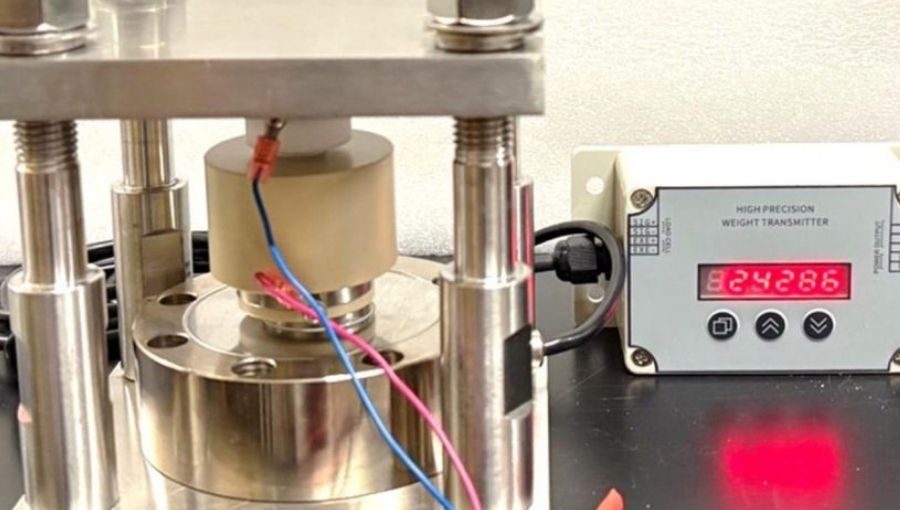Researchers at Penn State University have developed a new manufacturing method called cold sintering, aimed at creating solid-state electrolytes (SSEs) for electric vehicle batteries. Unlike conventional lithium-ion batteries which utilize liquid electrolytes—an element that introduces safety concerns due to instability—solid-state batteries employ SSEs that offer enhanced stability and safety. However, the manufacturing of ceramic-based SSEs has traditionally required high temperatures that can complicate production and reduce efficiency. The cold sintering technique addresses these challenges by using lower temperatures, pressure, and a small amount of liquid solvent to form dense ceramic-polymer composites, thus improving the conductivity of the solid-state batteries.
This innovative method has resulted in the creation of the LATP-PILG composite, which enhances ion transport and enables efficient operation at room temperature while also offering a wide voltage window from 0 to 5.5 volts. This allows for improved performance and energy generation in batteries. Researchers believe that this cold sintering approach not only has significant implications for the advancement of battery technology but could also be adapted for use in other industries such as semiconductor manufacturing. The long-term vision of the team is to establish a sustainable manufacturing process that supports the scalability and recyclability of these advanced materials, contributing to the broader application of this technology in various sectors.

